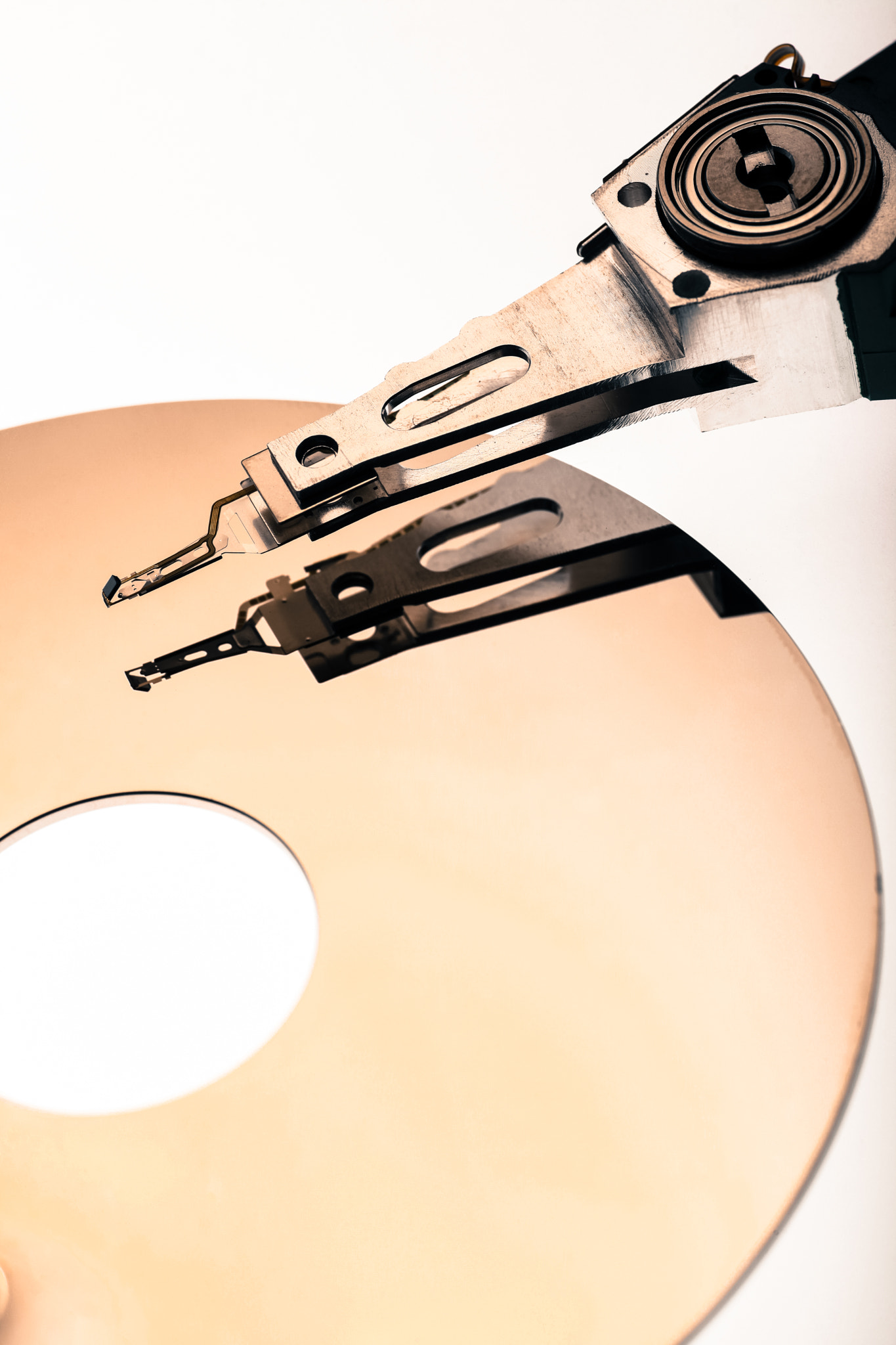All our Several Types of Reminiscences
페이지 정보
작성자 Lou 작성일25-09-04 12:39 조회2회 댓글0건관련링크
본문


The prefrontal cortex, situated on the very front of the mind, is chargeable for our working memory: processing new incoming data and manipulating any present recollections that we could be consciously serious about at any given time (similar to reliving a memory of a previous event, for example). If the knowledge is deemed essential sufficient to be consolidated without end into our lengthy-term memory, that’s when the hippocampus comes into play. It is a seahorse-formed structure that sits more or less within the middle part of the mind (the medial temporal lobes, to be exact) and is directly involved in storing away important data in different regions of our cerebral cortex (the outer layer of gray matter that makes up a large a part of our brain). Reminiscences are usually not saved as good records, though. Retrieval of episodic and autobiographical memories is highly reconstructive: additional bits of knowledge that weren’t there when the memory was originally ‘laid down’ can get added in in the course of the process of remembering.
It’s not all the time possible to tell which features are a part of the unique memory and what data has been launched later (one thing that makes accurate eyewitness testimony very difficult). If procedural and declarative reminiscences are the what of memory, implicit and specific memories are the how. Implicit memories are those who we remember unconsciously and are expressed in our behaviour ultimately. Most of our procedural memories fall into this class. Conditioned learning and associative memory are additionally examples of how implicit memory works. We are able to see the proof of those unconscious associations in experiments on priming effects, the place exposing someone to a stimulus affects how new information is processed or how tasks are carried out. ’, they usually tend to say ‘SOUP’. Someone ‘primed’ with words akin to ‘bath’, ‘clean’ and Memory Wave ‘bubbles’ could also be extra seemingly to reply with ‘SOAP’ as an alternative. Specific memories, on the other hand, are these that are consciously remembered. Reminiscences may be recalled, the place they are spontaneously retrieved from lengthy-term memory storage, similar to when you reminisce about your last journey journey overseas. Recognition, which requires much less effort in comparison with recall, refers to the sense that you’ve previously encountered or realized something that you're perceiving in a given moment-that feeling you get when one thing ‘rings a bell’. We would wish to suppose that our recollections are protected and secure however, in actuality, Memory Wave there are various things that may affect our skill to create, retailer and retrieve them. Mapping out which techniques in the brain are responsible for forming and maintaining our reminiscences is essential for stopping memory malfunctions-and discovering better methods to reinforce and enhance our skill to recollect.
댓글목록
등록된 댓글이 없습니다.

